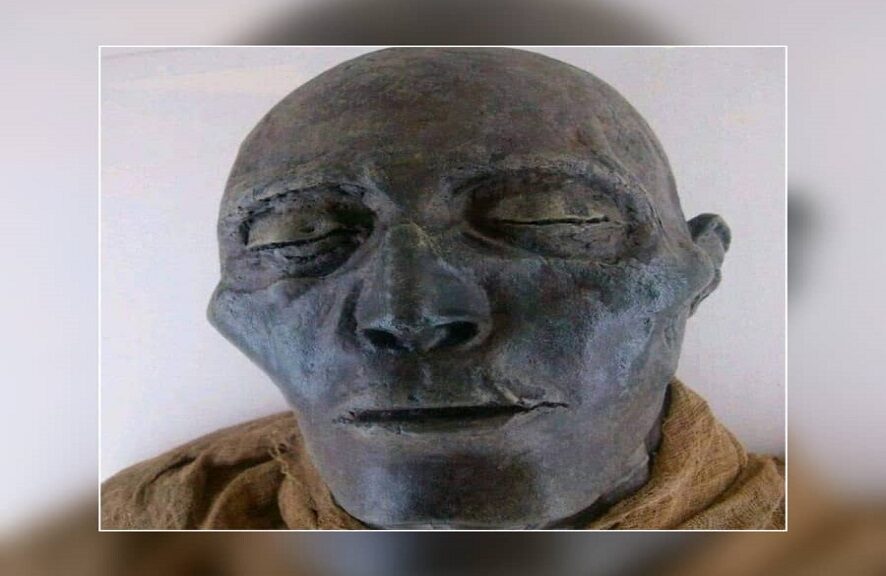The mummified face of Pharaoh Seti I hailed for its superior preservation
The mummified face of Menmaatre Seti I known as Sety I of the New Kingdom’s Nineteenth Dynasty pleasantly surprised Egyptologists with its superior preservation. His face is regarded as one of the best preserved in the world as well as in Ancient Egypt’s annals.

Dying about 3,298 years ago, Seti I is reckoned to have ruled when Egypt was at one of its most affluent peaks from 1290 to 1279 BCE. He was the father to perhaps ancient Egypt’s most beloved pharaoh Ramesses II. His father, Ramses I, reigned for only two years.
The tomb of this extremely powerful and handsome ruler was brought to the world’s attention by the rebellious researcher Giovanni Battista Belzoni on October 16, 1817.
The tomb located in the Valley of the Kings, known as KV17, is the longest tomb in the entire necropolis. It’s about 137 meters (449 ft.).
Seti’s mummified body was neatly prepared and covered with a yellow shroud. However, tomb looters had messed with his bandages and smashed his abdomen. Worse still, Seti’s head was separated from the rest of his battered body.
Fortunately, his face remained untouched. Now, the remains of Seti I rest among other royal mummies in the Cairo museum.
In the early years of his reign, Seti led his army northward to restore Egyptian prestige, which had been partly lost during the troubled years of the late 18th dynasty under Akhenaton.
He battled in northern Palestine and Syria and fought at least one battle with the Hittite king Muwatallis; he subsequently concluded a peace treaty that may have established the frontier at Kadesh on the Orontes River between the Lebanon and Anti-Lebanon mountains.

Seti in his 11 or 15-year rule did much to promote the prosperity of Egypt. He fortified the frontier, opened mines and quarries, dug wells, and rebuilt temples and shrines that had fallen into decay or been damaged; and he continued the work begun by his father on the construction of the great hypostyle hall at Karnak, which is one of the most impressive monuments of Egyptian architecture.
Another important work is his memorial temple at Abydos, which he dedicated to Osiris and six other deities of which much of the original colour remains.
Seti’s tomb is the finest in the Valley of the Kings in western Thebes.
Although his son Ramses II is more famous, Seti is thought by many scholars to have been the greatest king of the 19th dynasty.
